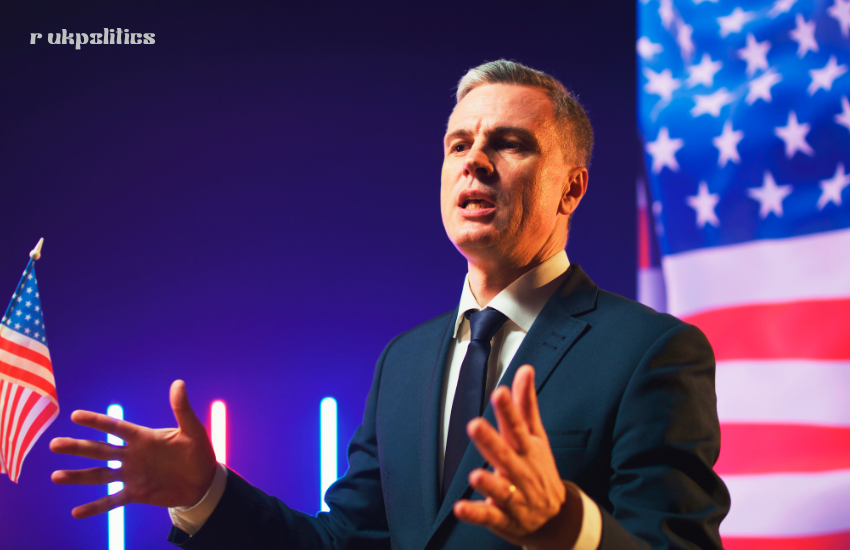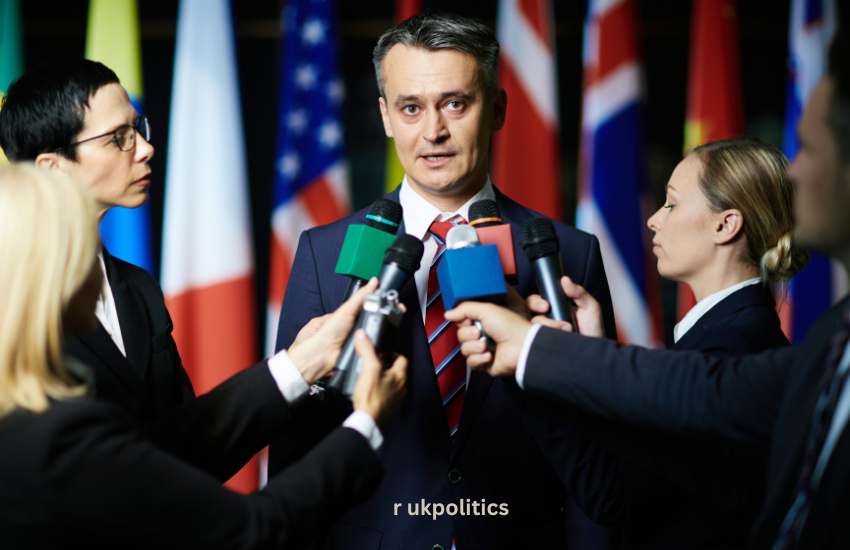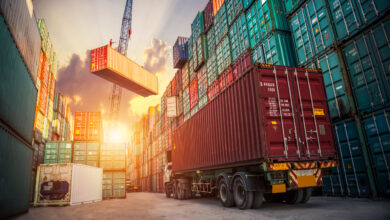The Constitution
The UK does not have a single written constitution like many other countries; instead, it is based on statutes, conventions, judicial decisions, and works of authority. The unwritten nature of the UK constitution allows it to be flexible and adaptable, yet it also raises questions about clarity and accessibility. Key principles of the UK constitution include the rule of law, parliamentary sovereignty, and the separation of powers. Significant sources include the Magna Carta, the Bill of Rights 1689, and the Act of Union 1707.
The Monarchy’s Role
The British monarchy is one of the oldest in the world, and it plays a crucial symbolic role in UK politics. Although the Queen or King has limited political power, they perform essential ceremonial duties and act as a stabilizing force in times of political uncertainty. The monarchy’s role has evolved, with much of its power now exercised by elected officials. However, the monarch retains certain formal powers, such as the dissolution of Parliament, though these are typically exercised on the advice of the Prime Minister.
The Parliament
The UK Parliament is the supreme legislative body and consists of two houses: the House of Commons and the House of Lords. The House of Commons is made up of Members of Parliament (MPs) who are elected by the public, while the House of Lords includes appointed and hereditary peers, as well as bishops from the Church of England. Parliament’s primary functions are to pass laws, scrutinize the government, and represent the electorate. The legislative process involves multiple readings and debates, ensuring that laws are thoroughly examined before being passed.
The Prime Minister
The Prime Minister (PM) is the head of the UK government and is responsible for running the country, making policy decisions, and representing the UK internationally. The PM is usually the leader of the political party that has the most seats in the House of Commons after a general election. The PM’s powers include appointing members of the Cabinet, setting the government’s agenda, and leading the executive branch. The role of the Prime Minister has grown in significance over the years, with the officeholder often being the focal point of political life in the UK.
Political Parties in the UK
The UK has a multi-party system, with the Conservative Party, Labour Party, and Liberal Democrats being the most prominent. The Conservative Party, traditionally associated with right-wing policies, emphasizes free markets, a strong national defense, and individual responsibility. The Labour Party, on the other hand, is center-left, advocating for social justice, workers’ rights, and public ownership of key industries. The Liberal Democrats occupy a centrist position, promoting civil liberties, electoral reform, and environmental sustainability. Other parties, such as the Scottish National Party (SNP) and the Green Party, also play significant roles, particularly at regional levels.
The Electoral System
The UK uses a First-Past-The-Post (FPTP) electoral system for general elections, where the candidate with the most votes in a constituency wins a seat in the House of Commons. This system tends to favor larger parties and can result in a significant difference between the percentage of votes a party receives and the number of seats it wins. Recent discussions about electoral reform have highlighted potential alternatives, such as proportional representation, which could lead to a more equitable distribution of seats. However, changes to the electoral system have been met with both support and opposition from different political factions.
Devolution in the UK
Devolution refers to the transfer of powers from the central government in Westminster to regional governments in Scotland, Wales, Northern Ireland, and, to a lesser extent, England. Each of these regions has its own parliament or assembly, which can make decisions on matters such as education, health, and transportation. Devolution has allowed these regions to address local needs more effectively, but it has also led to debates about the balance of power between the central government and the devolved administrations. Issues such as Scottish independence and the status of Northern Ireland post-Brexit continue to shape the devolution debate.
Local Government
Local government in the UK is responsible for providing a range of services, including education, housing, and social services. Local authorities are elected bodies that operate at different levels, such as county councils, district councils, and unitary authorities. They have the power to raise funds through local taxation and are accountable to the residents they serve. The structure of local government varies across the UK, reflecting the diverse needs of urban and rural communities. Local governments also play a critical role in implementing national policies at the local level.

The Judiciary
The UK judiciary is independent of the government and plays a crucial role in interpreting laws, protecting individual rights, and ensuring justice. The Supreme Court of the United Kingdom is the highest court and has the authority to hear cases of the greatest public or constitutional importance. The judiciary also reviews the legality of government actions, a process known as judicial review. Judicial independence is a fundamental principle of the UK legal system, ensuring that judges can make decisions free from political influence.
Brexit and Its Impact
Brexit, the UK’s decision to leave the European Union (EU), has had profound effects on UK politics, economy, and international relations. The 2016 referendum, in which 52% of voters chose to leave the EU, exposed deep divisions within the UK and led to years of political turmoil. The withdrawal process, culminating in the UK formally leaving the EU on January 31, 2020, has reshaped the UK’s trade relationships, regulatory frameworks, and immigration policies. The long-term impact of Brexit is still unfolding, with ongoing debates about its consequences for the UK’s future.
UK Foreign Policy
The UK’s foreign policy has historically been shaped by its status as a major global power, its colonial past, and its membership in international organizations such as the United Nations, NATO, and the Commonwealth. Post-Brexit, the UK has sought to redefine its role on the world stage, emphasizing “Global Britain” as a key policy. This involves forging new trade agreements, maintaining strong defense ties, and addressing global challenges such as climate change and security threats. The UK’s relationships with the US, EU, and emerging powers are critical to its foreign policy strategy.
Recent Political Issues
The UK has faced several major political issues in recent years, including the future of the National Health Service (NHS), immigration, economic inequality, climate change, and the housing crisis. The NHS, a symbol of national pride, has been under strain due to funding challenges and increasing demand. Immigration has been a contentious issue, particularly in the context of Brexit, with debates over border controls and the treatment of refugees. Economic inequality remains a significant concern, with rising living costs and stagnant wages affecting many communities. The government has also been grappling with climate change, committing to net-zero emissions by 2050, while the housing crisis continues to pose challenges for policymakers.
The Media and Politics
The media plays a vital role in shaping political discourse in the UK, with newspapers, television, and digital platforms influencing public opinion and holding politicians accountable. The UK has a diverse media landscape, including publicly funded outlets like the BBC and privately owned newspapers with distinct political leanings. The rise of social media has transformed how political campaigns are conducted, allowing for direct communication between politicians and the public but also raising concerns about misinformation and the spread of fake news. Press freedom remains a cornerstone of UK democracy, though it is occasionally challenged by issues such as privacy laws and media ownership concentration.
Public Opinion and Voting
Public opinion is a powerful force in UK politics, influencing elections, policy decisions, and the direction of political parties. Polling companies regularly measure public sentiment on various issues, providing insights into voter behavior and preferences. Factors such as economic conditions, media coverage, and political campaigns all contribute to shaping public opinion. The UK has seen fluctuating voter turnout in recent elections, with younger voters becoming increasingly engaged in political processes. Understanding public opinion is crucial for politicians seeking to win elections and implement policies that resonate with the electorate.
Political Scandals
Political scandals have been a recurring feature of UK politics, often leading to significant consequences for those involved. From financial misconduct to abuses of power, scandals can undermine public trust in political institutions and prompt calls for reform. Notable scandals in recent history include the MPs’ expenses scandal in 2009, which exposed widespread misuse of public funds, and more recent controversies involving breaches of COVID-19 restrictions by government officials. The impact of scandals on political careers and party reputations can be profound, sometimes leading to resignations and changes in leadership.
UK Politics in the Digital Age
The digital age has brought new opportunities and challenges to UK politics, with technology playing an increasingly central role in political communication, campaigning, and governance. Social media platforms like Twitter, Facebook, and Instagram have become essential tools for politicians to engage with voters, mobilize support, and disseminate information. However, the rise of digital politics has also raised concerns about cybersecurity, data privacy, and the spread of misinformation. The UK government has introduced measures to address these issues, including regulations on online political advertising and efforts to combat foreign interference in elections.

Future of UK Politics
The future of UK politics is likely to be shaped by a range of factors, including demographic changes, technological advancements, and global trends. As the UK navigates its post-Brexit identity, questions about its role in the world, the stability of the Union, and the sustainability of its economic model will be central to political debates. Emerging issues such as artificial intelligence, climate change, and social inequality will require innovative policy solutions. The political landscape may also see shifts in party dynamics, with new movements and leaders potentially reshaping the traditional party system.
Conclusion
Understanding r ukpolitics is essential for grasping the complexities of governance, the role of key institutions, and the impact of historical and contemporary events on the nation’s political life. The UK continues to evolve, with ongoing debates about its constitution, identity, and place in the world. As new challenges emerge, the resilience and adaptability of the UK political system will be tested, making it an exciting and dynamic field of study.
FAQs on r ukpolitics
Q1: What is the difference between the House of Commons and the House of Lords?
A1: The House of Commons is the elected lower house of Parliament, where MPs represent constituencies, while the House of Lords is the appointed upper house, with members including life peers, bishops, and hereditary peers.
Q2: How does the First-Past-The-Post electoral system work?
A2: In the FPTP system, the candidate with the most votes in a constituency wins a seat in the House of Commons. This system can result in disproportionate representation, with larger parties often winning more seats than their share of the vote would suggest.
Q3: What are the main political parties in the UK?
A3: The main political parties are the Conservative Party, the Labour Party, and the Liberal Democrats. Other significant parties include the Scottish National Party (SNP), the Green Party, and the UK Independence Party (UKIP).
Q4: How does devolution affect governance in the UK?
A4: Devolution allows Scotland, Wales, and Northern Ireland to have their own parliaments or assemblies, which can make decisions on certain policy areas. This decentralization of power enables regions to address local issues more effectively.
Q5: What impact has Brexit had on UK politics?
A5: Brexit has profoundly affected UK politics, leading to changes in trade, immigration, and regulatory policies, as well as causing significant political divisions within the country.
Q6: What is the role of the Prime Minister in the UK?
A6: The Prime Minister is the head of the UK government, responsible for making policy decisions, leading the executive branch, and representing the UK internationally.




